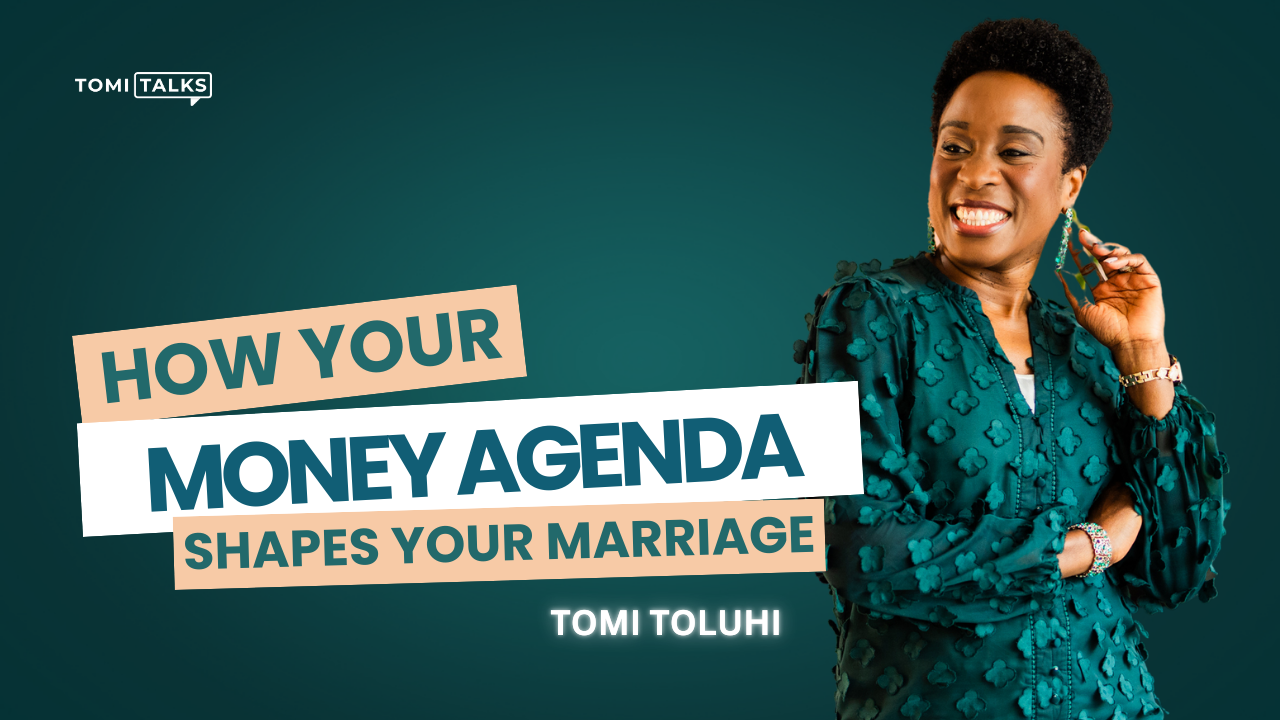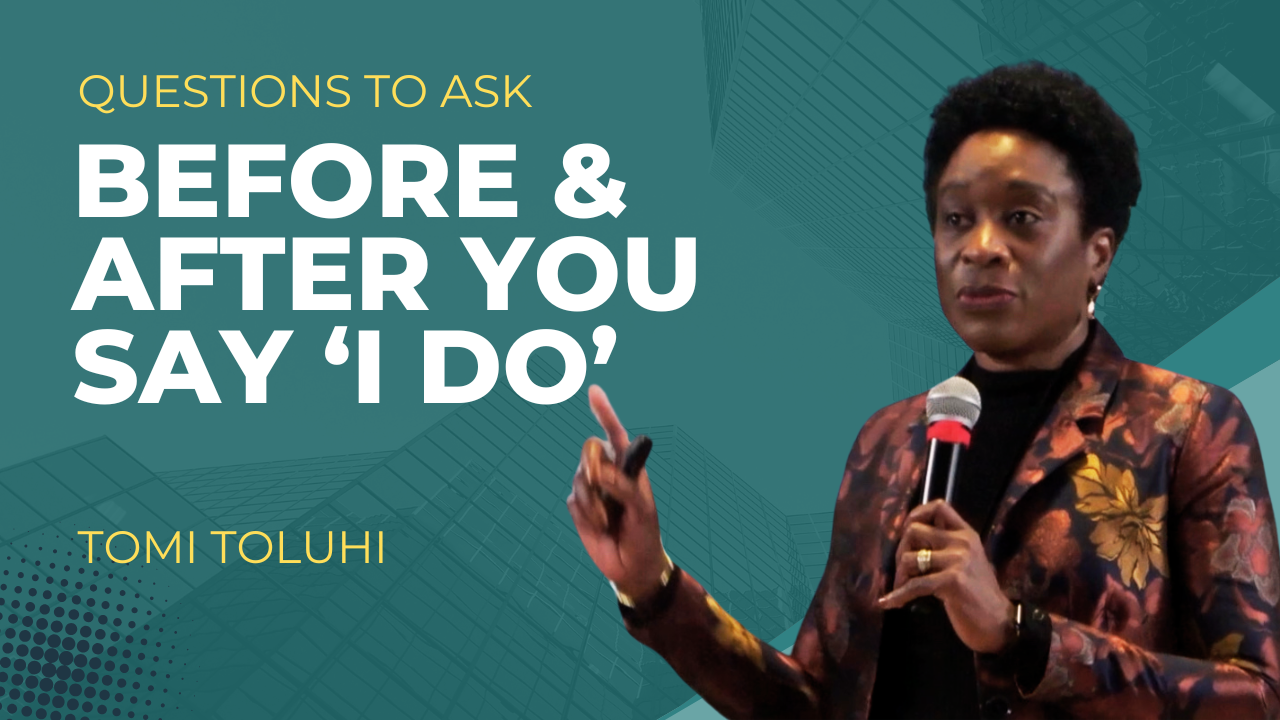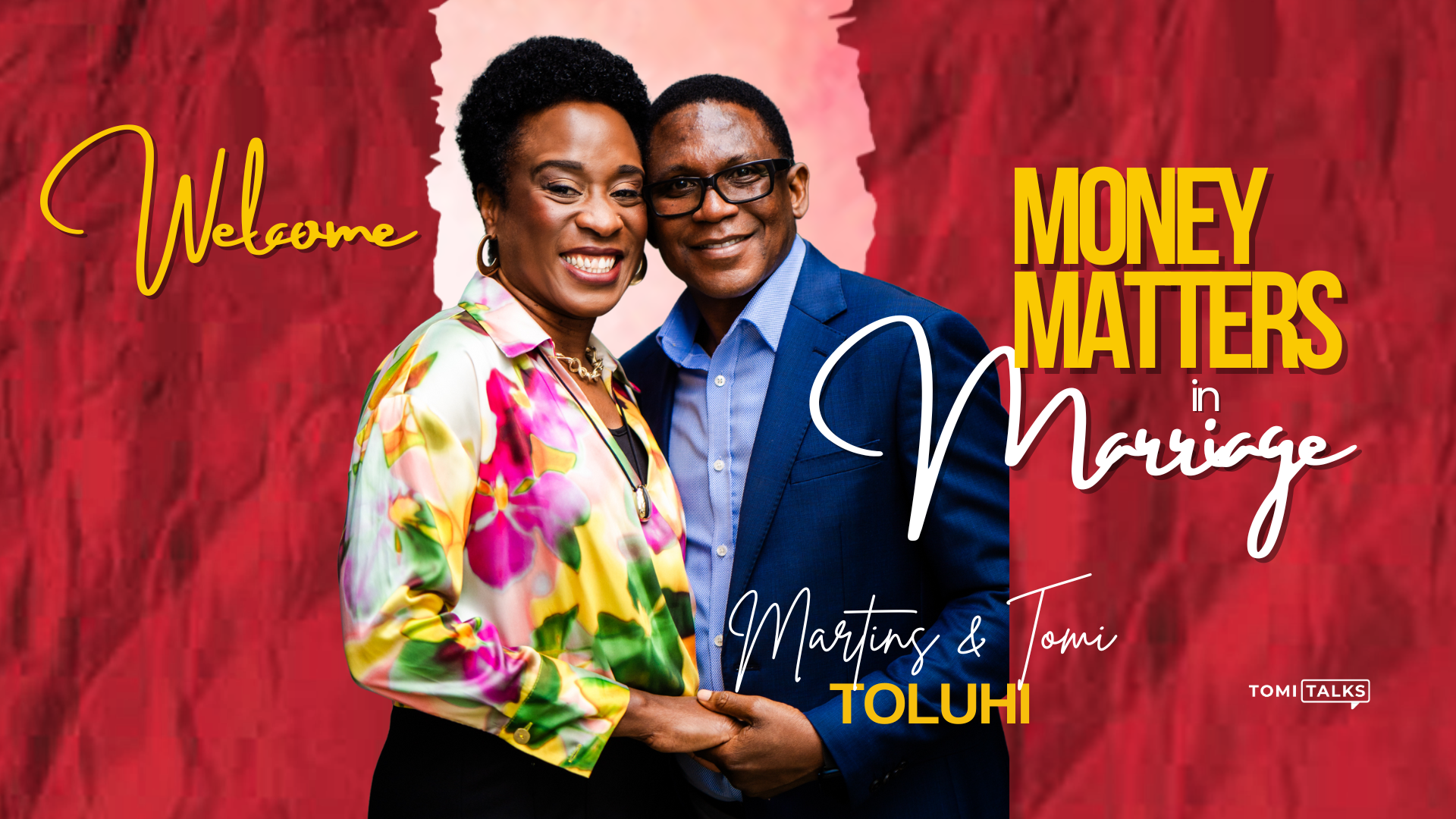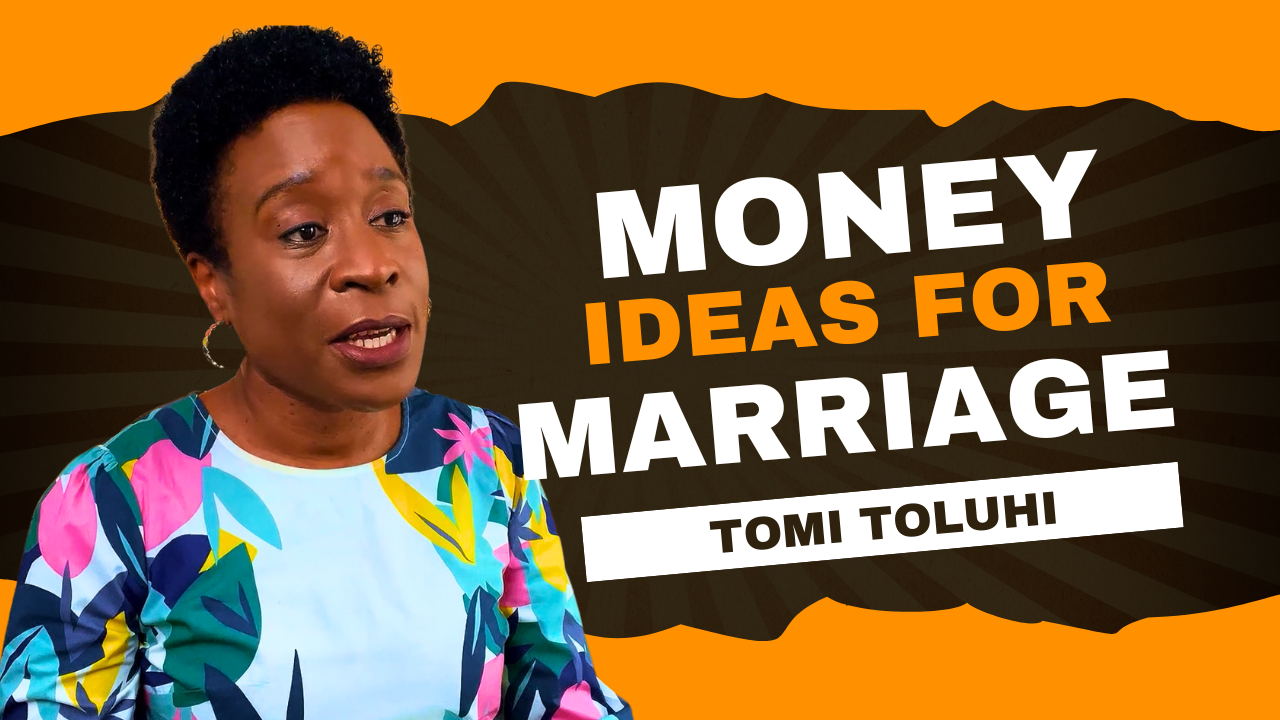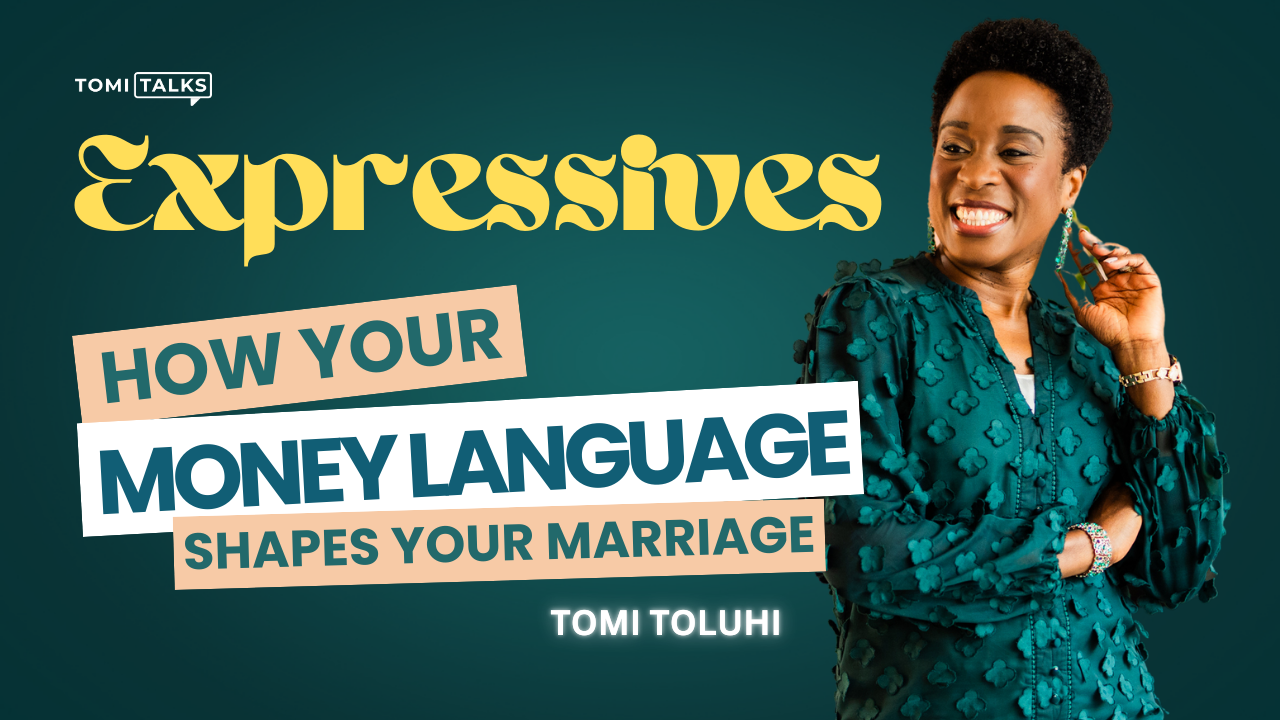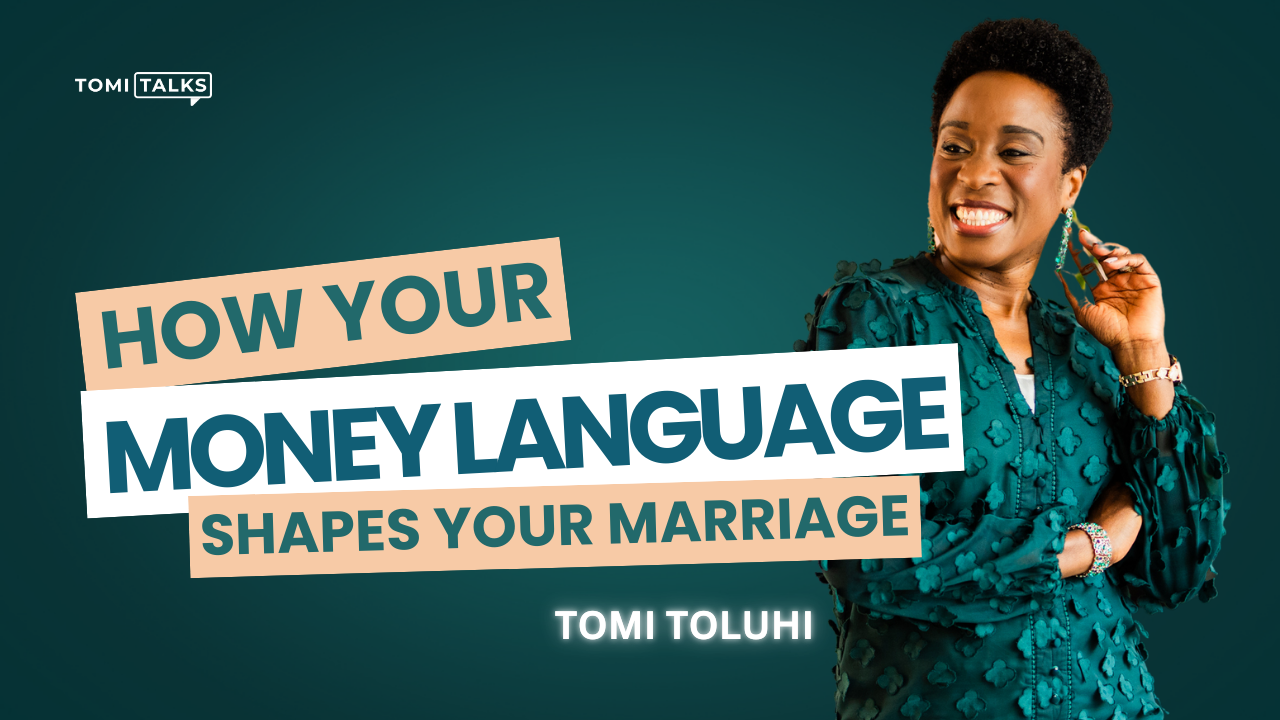What is your family vision?
 Every family unit formed by God is empowered to impact our world. That sounds like a bold statement to make but it is a reality. When God put Adam and Eve together He had a purpose in mind and His purposeful approach to marriage has not changed. Each one of us in our unique way is a part of God’s ultimate agenda for our generation and your family unit has the unique privilege of contributing something to your world. What will your contribution be? Your family is not an accident. God has something in mind for you that you’re supposed to achieve together. There is a vision for your family in the mind of God which you must capture and make yours.
Every family unit formed by God is empowered to impact our world. That sounds like a bold statement to make but it is a reality. When God put Adam and Eve together He had a purpose in mind and His purposeful approach to marriage has not changed. Each one of us in our unique way is a part of God’s ultimate agenda for our generation and your family unit has the unique privilege of contributing something to your world. What will your contribution be? Your family is not an accident. God has something in mind for you that you’re supposed to achieve together. There is a vision for your family in the mind of God which you must capture and make yours.
When God created Adam and Eve, He had a vision of a couple who would tend to His creation, multiply it and maximize its potential. Genesis 1; 27-28a (AMP) explains God’s purpose. ‘So God created man in His own image, in the image and likeness of God He created him; male and female He created them. And God blessed them and said to them, “Be fruitful, multiply, and fill the earth, and subdue it [using all its vast resources in the service of God and man]…”’ God made Adam and Eve trustees of His estate and He expected them to take that responsibility seriously. When God brought Amram and Jochebed together, He had a vision that they would birth and raise a deliverer, a prophetess and a priest – Moses, Miriam and Aaron. When God brought Joseph and Mary together, His purpose was that they would shape the earthly life of the Saviour of the world. What an awesome assignment. History is replete with inspiring stories of couples whom God worked through to bring blessing to our world. Our world is a better place because of couples like William and Catherine Booth who pioneered the Salvation Army, Martin Luther King Jr. and Coretta Scott King, and Bill and Melinda Gates. Yet, for every famous couple, there are millions of unsung heroes, couples who are quietly but surely shaping our world for the better in their own unique way.
Are you a visionary family?
Your life endeavours as husband and wife must have an eternal dimension to it if your life together is to be meaningful. If the only reason why you married was to have your needs met, you have misunderstood the purpose of marriage. Marriage is designed to exponentially increase your impact and influence in this life. Ecclesiastes 4:9 boldly declares that ‘Two can accomplish more than twice as much as one, for the results can be much better.’ Every family should possess a compelling vision of how they will make the world a better place, otherwise life is meaningless. There is a world of difference between ambition and vision. You don’t really have a vision if your life together is all about you. If your life goals are all centered on yourself and your immediate family, all you have is an ambition, not a vision. A vision is always other-centered. You were created for more than just yourself. Your family has a much higher purpose than just survival and self-preservation. You were brought together as a team to make our world a better place in your own way.
If all your family goals are focussed on what you want to accomplish for your family, you are too inwardly focussed and your significance in this world will be diminished. Ambition is all about ‘What?’ ; what you want to be, do or have. Vision gives all of that a meaning, a ‘Why?’; Why do you want those things and who will they benefit? Your family is not really blessed until it begins to bless someone else. The key is to look beyond your immediate family and consider how your family can impact your world. Encourage your children to see that there is more to life than personal benefit. Help them see themselves as pivotal in God’s agenda for your church, your community, your nation and our world. Our world owes its greatest progress to people who have been able to look beyond themselves and make a difference in someone else’s life.
An inspirational family
I am continually inspired by the lives of Richard and Kemi, missionaries whom we have had the privilege of being connected with since the inception of their ministry. Richard trained as a lawyer and Kemi as a management professional. In 2008, they uprooted their family from the United Kingdom to Port Elizabeth, South Africa, with a vision to reach out to orphaned, abandoned and vulnerable children in poverty-ravaged communities in Africa. Eight years later, against countless odds and through many challenges, they operate from 9 House of Wells Enrichment Centres in South Africa and Zimbabwe; feeding, training and inspiring young, vulnerable children. Their family vision has changed the lives of over a thousand children. We may not all be called to move halfway across the globe in order to fulfil our family vision. However, we all are called to make some positive contribution which our world will remember when we are gone. What will our world remember your family for? What will your family legacy be?
Choose a visionary partner
If you are currently unmarried, one of the cardinal issues you should explore with a prospective spouse is what their vision is and how that fits with what you believe God wants you to achieve with your life. One of the quickest ways to derail your destiny is to marry someone who does not believe in your God-given vision. It goes without saying that a husband and wife must agree on what their family’s peculiar contribution to our world will be. A family vision must be a shared vision. Two divergent visions within the home will only lead to di-vision and a divided home cannot stand. You and your spouse will probably pursue different careers in life but there must be a meeting point at which all your efforts converge to help our world. There is exponential impact at the fingertips of a couple who knows how to work together in harmony to fulfil God’s vision. If you have never thought about what unique contribution your family will make to our world, this is your opportunity to talk about it, talk to God about it and seek a meaning higher than yourselves. Our world will be a better place for it.
Have you articulated a family vision? If not, why not take some time to consider how God wants you to make this world a better place.
